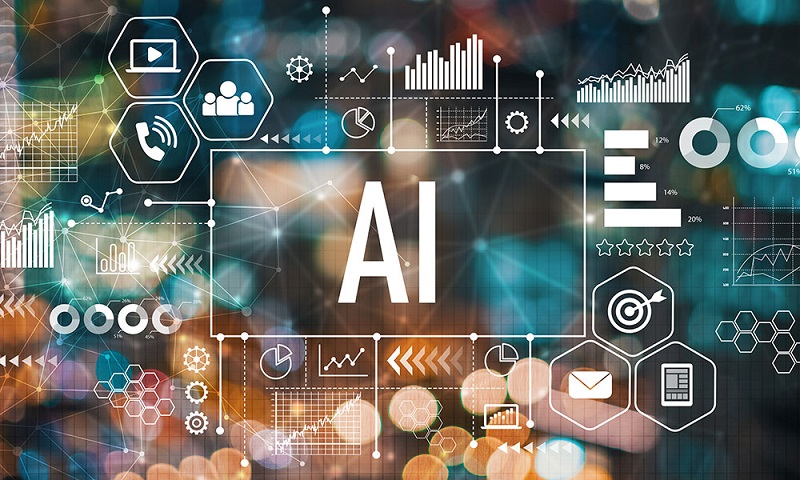Most of us reading this have probably already interacted with some form of Artificial Intelligence (AI) from customer service chat boxes to yelling at Alexa to play the best of Mohammed Rafi. There are several levels of AI, starting with reactive which uses data and algorithms to provide pre-determined solutions as in the case of virtual agents. AI then evolves to greater complexities where the machines replicate human cognitive skills, learning off experiences to solve more complex issues and perhaps even developing a social consciousness as in the movies, but hopefully with less dire consequences than often portrayed.
AI and Infrastructure
So how does the advent of AI impact the emerging world? There are great benefits of course, but as always progress comes with its own challenges. One of the key benefits is in infrastructure. Infrastructure creates economic efficiencies, but usually requires relatively heavy capex, overcoming red tape and localized operational costs. However, the developments in AI coupled with the increased adoption of smart phones will give many countries the opportunity to develop many sectors at a low cost through technological leapfrogging.
AI in Finance
A key one is providing financial facilities for the unbanked. Financial inclusiveness allows people to benefit from efficiencies in transactions, payments, to save, provide credit for micro-businesses to grow and even insurance. In 2012, M-Shwari was launched, providing banking and credit facilities in Kenya through automated credit scoring and machine learning to predict the probability of defaults from potential borrowers. Within 5 years, it had distributed USD 1 billion in loans and over 20 million customers. Over 50% of M-Shwari customers, do not have another bank account and this has allowed them to take advantage of the financial system.
AI in Agri-tech
AI has also been adopted in several ways in agriculture, which is still a dominant part of developing economies. In Thailand for instance, AI has been used to identify trespassers in farms sending out alerts to ensure that the risks of disease transfer are minimized. Other types of Agri-tech highlight crop degradation through pattern recognition and others can analyze soil use, farmer’s behavior and water quality.
AI and Education
Education is another key sector that can be unlocked by AI. The development of minds allows countries to realize their most import form of capital – that of the human capital. An evolved AI-based education would provide a higher standard, be more accessible and be more uniform. It can help in ways to standardize teaching methods, reduce the degree of subjectiveness of the teacher and allow them to focus more on providing insights and problem-solving skills. It may also be able to provide more of a tailored experience to each student which is not possible for a single teacher who is handling multiple students and classes. While AI in education is still in the early stages, the potential to upskill a nation’s youth and working population is certainly one of the most exciting promises.
The ways that AI can pull a country upwards are multi-fold which include removing layers of red-tape and corruption, which are major hindrances to businesses and economic growth. Advances in health-tech can also assist in overcoming the shortage and accessibility of doctors through diagnosis and medical advice tech. However, it is not without its challenges and there needs to be controls and measures.
The perils of AI
AI unchecked may make redundant a major advantage for a developing country because of its low labor costs. Automation may reduce the demand need of low skilled workers and in some cases, multi-nationals may rather on-shore their manufacturing facilities. Foxconn, the company that manufactures phones for Apple and Samsung replaced 60,000 of its workers with robots in 2016 and is looking to continue to do so. Deloitte, in partnership with Oxford University, indicates that within the next 20 years, 35% of the world’s jobs are at risk because of AI.
This displacement is not limited to manufacturing but will also have an impact on the service industries as chatbots start replacing call center agents. Countries like India and the Philippines which have developed economic jewels in offshoring and BPO centers will have to reskill their workers or face pain as jobs are replaced by machines.
There‘s still hope
There should be greater corporate governance and oversight on what can be developed to ensure that all of society benefits equally through AI. For instance, in the case of social media, what started off as a fun way to keep in touch with friends has now created addicts, affected mental health and influenced politics and people.
But don’t let the above thoughts dismay you and start burning 5G towers. The human race has continued to benefit with progress and there is much to be hopeful for as AI helps lifts those in emerging economies through financial inclusion, healthcare, education and more.
The views expressed are the authors own. Please consult your financial advisor before making any investment decisions.









